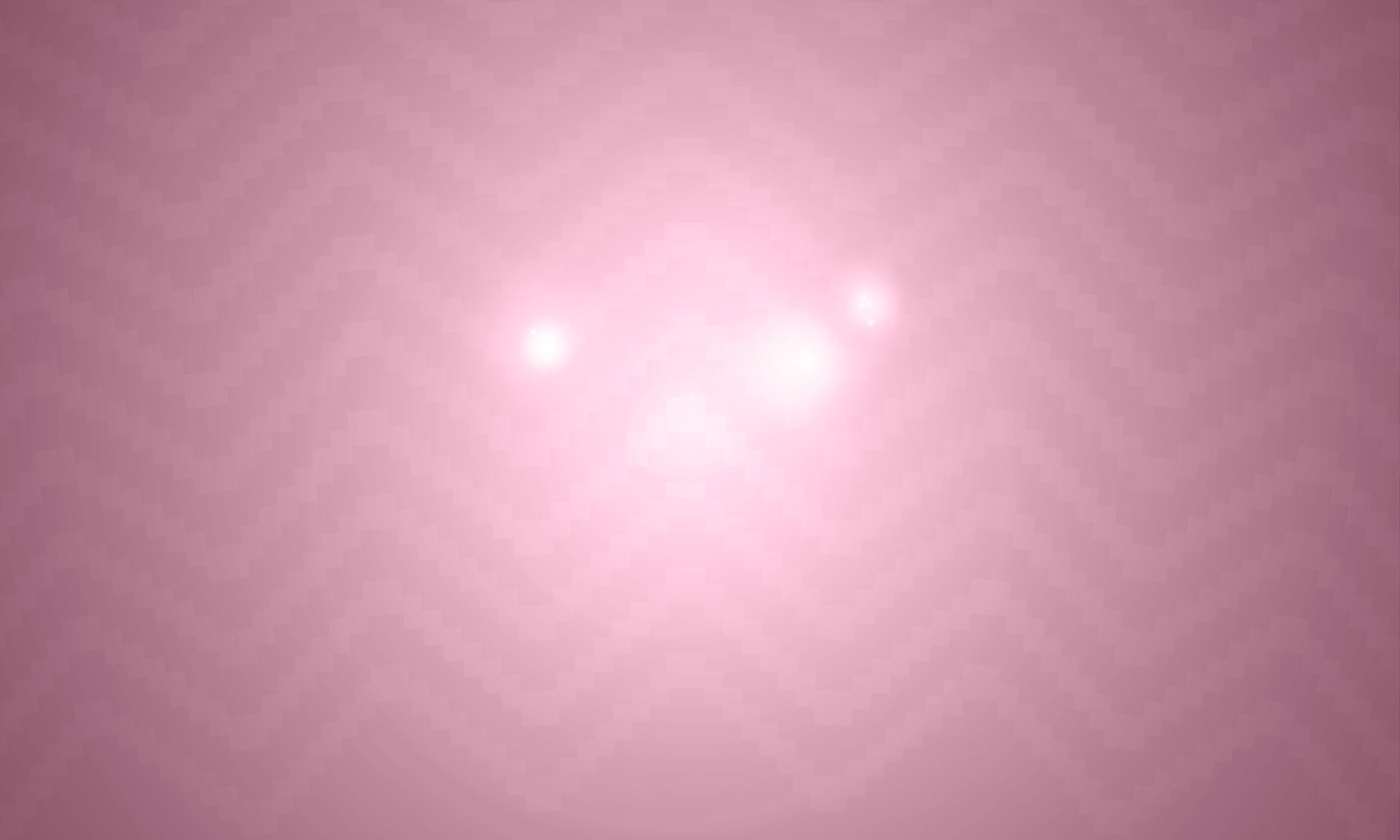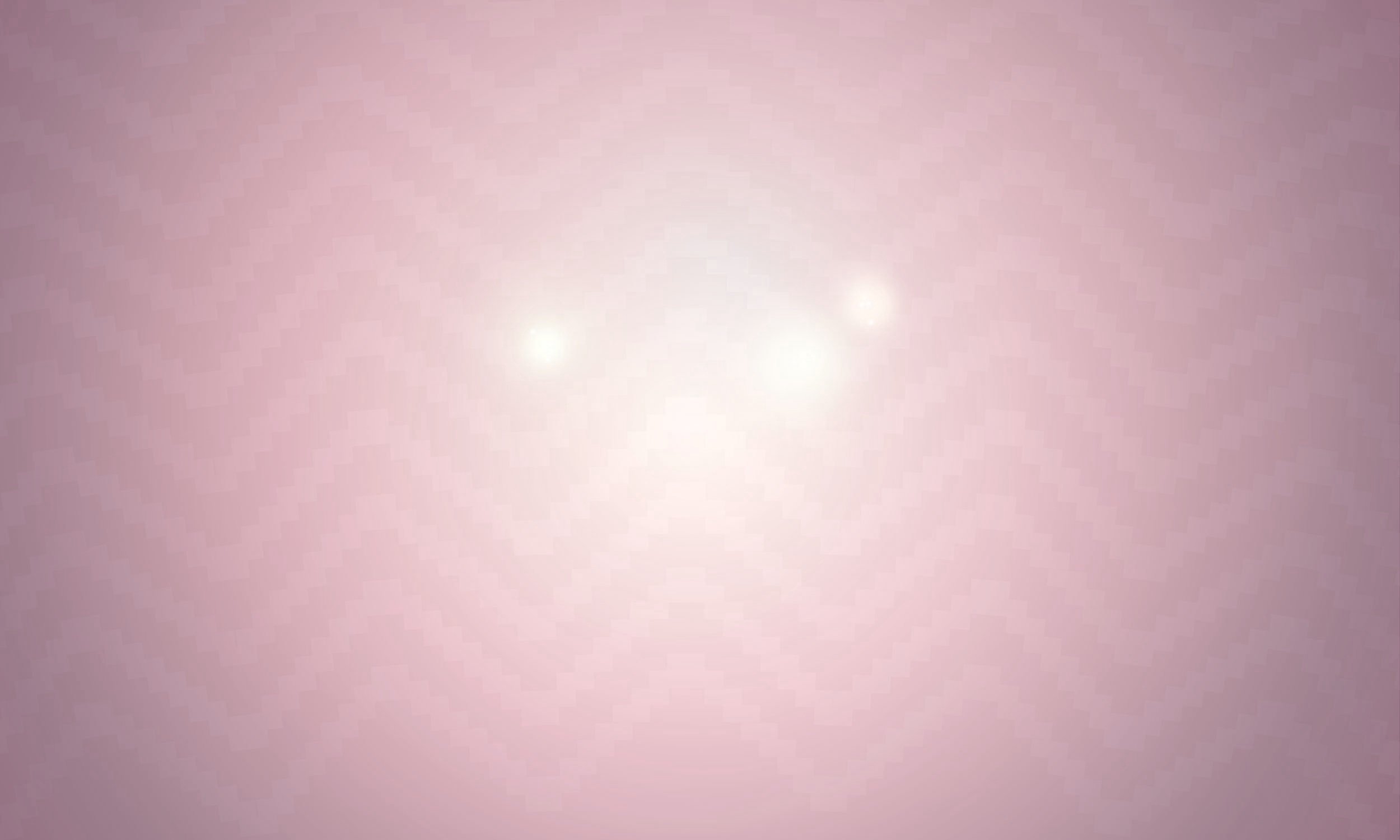
Taha Wairua is about the things that give us meaning.
For some of us, wairua is our faith, or our spiritual connection to the universe and our ancestors. It can also be about learning to celebrate who we are, what we believe in, where we belong, what brings us joy, and what we want for our future, particularly as we age.
Whatever way we experience wairua, making time to care for our spiritual self has a profoundly positive impact on our overall wellbeing.
Topics on this page:
Building and strengthening our Wairua
By nurturing our wairua we can boost our resilience and find deeper meaning and connection in life.
Our wairua may become even more important as we grow older with HIV and our taha tinana starts to decline.
There is no right or wrong way to build and strengthen wairua, rather it is about trying out different approaches and finding what works best for us.
Check out some of these activities to help build and strengthen wairua.
Focusing on aspects of our wellbeing unaffected by our HIV or ageing, like our spiritual self, can help us feel stronger and more fulfilled.
Planning how we want to be cared for
When we think about how we want to be looked after in the future, we can make a plan called an Advance Care Plan. This plan talks about what's important to us, what we believe in, and how we want to be cared for as we get older. It's helpful to involve our whānau and doctors in making this plan so they know what we want, especially if we can't speak for ourselves. This plan helps everyone who cares about us understand how best to help us.
Learn more about Advanced Care Planning, the steps involved and what to think about.
Planning and making choices while we are well and still able to, means our spiritual beliefs and wishes are upheld and respected.
Understanding end-of-life support
For tangata whenua, death is not seen as the end but as a transition to the spiritual realm where the deceased join ancestors (tipuna). It is an opportunity for the spirit to continue its journey beyond the physical realm. Conversations around death and dying are considered tapu and tikanga needs to be observed.
The concepts of tapu and noa are central to Māori and Pasifika worldviews. Tapu signifies things that are sacred and very special, while noa is about the ordinary or the everyday like eating and sleeping.
Death is considered tapu because it disrupts the ordinary everyday so needs special care and respect. For many cultures, talking about death and dying carries a deep sense of sacredness.
In Aotearoa, the End-of-Life Choice Act 2019 allows eligible people who are experiencing unbearable suffering to request assisted dying. The process involves the administration of medications designed to end life in a controlled and peaceful manner. Having HIV does not qualify a person to access assisted dying.
Find out more about the eligibility criteria for assisted dying and how to access the service.
If reading this information causes any distress, please reach out for support
How we feel about death and dying is deeply rooted in our spiritual beliefs.
Culture considerations for our wairua
Accessing care and support that resonates with our culture is very important in ensuring our wairua remains intact.
Te Ipu Aronui is a resource for whānau, rongoā clinicians, tohunga practitioners and Māori health professionals caring for an older family member before, during and after they have crossed the ārai (veil).
See specific cultural guidance and support on caring for Kaumatua

















